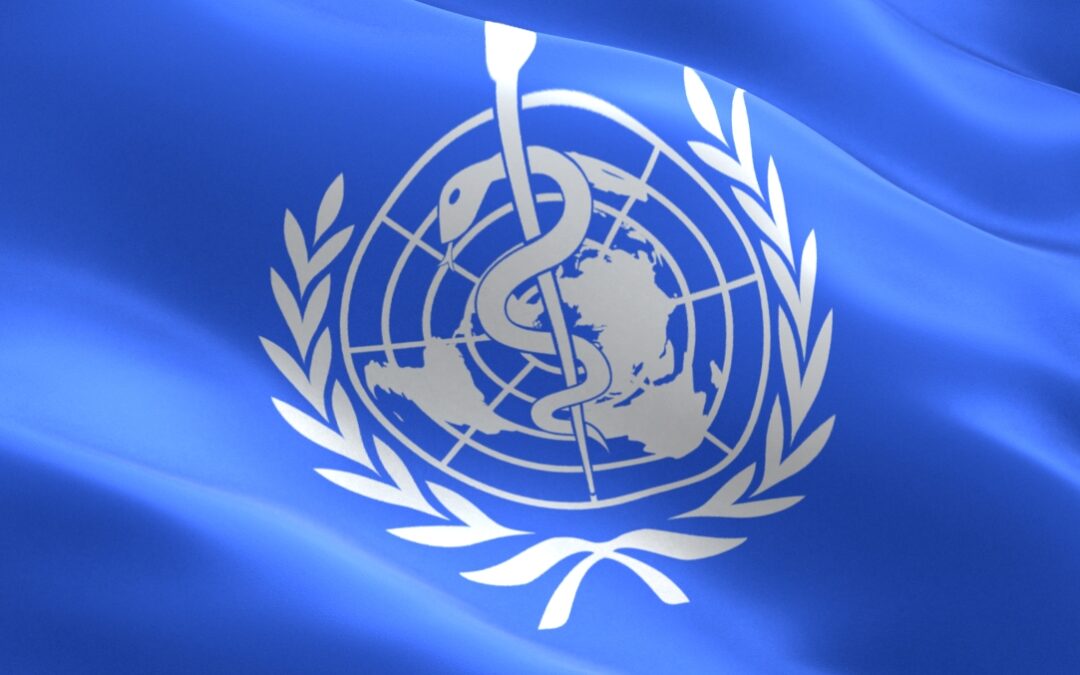Richard Marlink, the director of Rutgers Global Health Institute, discusses the impact COVAX, the global collaboration to accelerate the development, production, and equitable access to COVID-19 tests, treatments, and vaccines, will have on ending the COVID-19 pandemic and strengthening global health.
What is the significance of the U.S. move to reverse its withdrawal from the World Health Organization?
Part of it is symbolic. It was one of the very first acts of Biden’s presidency, and that sends an important message that the U.S. is prioritizing global health and a multilateral approach.
But in practical terms, the U.S. contributes significant funding and leadership resources to the World Health Organization. Historically, the U.S. has been the WHO’s largest donor. We are in the worst pandemic the world has seen in 100 years, and we will need all the world’s strongest resources to pull ourselves out of it.
One very concrete example is that the U.S. has finally agreed to participate in COVAX, which is co-led by the WHO. This commitment by the U.S. will strengthen efforts to distribute vaccines in countries that otherwise have no or very limited access.
COVID-19 has killed more people in the U.S. than in any other country, and most U.S. citizens are not yet vaccinated. Why is it a good thing to divert attention and resources to other countries?
There are two very good reasons to do this: one altruistic and the other selfish.
First of all, it’s the right thing to do. All lives are valuable; someone who was fortunate enough to be born in a wealthy country should not have better access to health and quality health care than one who was not.
Second, the lack of a global vaccine strategy actually lengthens the pandemic. It is not possible to eradicate a virus this infectious in just one country. SARS-CoV-2 and its variants have demonstrated that they are fast, efficient travelers. As long as this virus continues infecting people, it will continue mutating, creating the more infectious variants. That puts all of us at risk. We won’t be protected until all countries are protected.
Given the criticisms the World Health Organization has faced for its response to the pandemic, is staying involved ultimately going to benefit the U.S.?
U.S. participation makes the World Health Organization stronger and gives us a seat at the table in creating important solutions, now and for the future. What improvements can we make to our pandemic alert system? How do we prepare for the next pandemic? How do we build resilience?
With the rate of global travel and instant worldwide communication we have today, unilateralism is not only ill-advised; it’s impossible. We’re all breathing the same air, so to speak. And infectious diseases are just one example of how global health issues affect us all.
What other issues are most in need of worldwide solutions?
Well, first, the impact of this pandemic will go far beyond the more than the 100 million people infected. By the time it’s over, how many businesses will have closed? How many more people will be food insecure or suffering mental health impacts? How many children will have suffered education losses because virtual education wasn’t a viable option for them, and how many will have dropped out? These are far-reaching problems with long-term effects on health in every country.
Second, there are the issues that existed long before the pandemic, and have even grown worse during the pandemic. Disparities in access to health care, or to the conditions necessary for good health, are limiting entire communities — and many countries — from realizing their potential. These disparities have economic and social costs, not to mention the fact that it is heartbreaking to know that there are places in the world where people are dying of completely curable and preventable conditions.
The U.S. can and should be a leader in solving these problems. The best way to do that is to work with the primary organization that’s set up to address human health across all borders, worldwide. Most health problems know no borders. We are all in this together.

